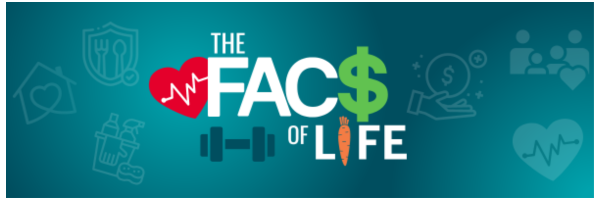People don’t buy a home every day, so it’s unfamiliar territory to most of us. How do we prepare for a process we’re not familiar with? It’s helpful to have a guide. In the next few paragraphs, you will find some real-world guidance toward being ready to buy your home.

There are four general elements that you have some degree of control over: your credit, your debts, your income, and your assets. Let’s start with your credit. As you probably know, credit bureaus keep track of how well we manage our debts and assign us scores based on our debt management. Common debts include car loans and credit cards. The more that you pay your debts on time, avoid maxing out your credit cards, and show that you can be trusted to pay the various kinds of debt you have, the more that the credit bureaus will increase your scores. Although there is no credit score that will automatically qualify you to buy a house, it is very challenging to buy a house when two of the three credit bureaus assign you a score below 580.
Beyond credit, let’s focus more specifically on debt itself. Lenders evaluate how much of your monthly spending goes toward your minimum debt payments. In general, lenders prefer that your total debt payments don’t go beyond 38%-43% of your income – including what you would pay on a house. If (for example) your car payments, credit card payments, and other debts add up to 35% of your income without a house, that only leaves about 3%-8% of financial space for a house. You can’t build credit without debts, but too much debt will eventually keep you from buying a house. So, if buying a house is a priority, it can help to choose a less expensive vehicle and to keep your credit card balances low. That way the minimum payments on your debts each month will take up less of your income.

Obviously, having more income makes a significant difference. Paying $500 of debts each month takes 25% of your income when you’re earning $2000 monthly, but only 10% of your income when you earn $5000. Also, assuming you’re paying the same amount of debt, someone with $5000 of monthly income is going to have an easier time saving than someone with $2000 of income. Additionally, a person with more income will be able to afford higher house payments. One way to earn more income is via promotions and raises in your primary job. Other ways include self-employment (income after expenses is what counts) or having multiple jobs; since these situations are less common, lenders will usually need to see that you have reported these other incomes on your taxes for two years. It is very common for multiple people to buy a house together so that each of their incomes can be used, as long as they have individually managed their debts well enough.
If you have good credit, good debt management, and good income, you will usually still need assets to buy a house. Assets include savings and retirement accounts, and much more — even gifts you know you’ll receive! You need assets to buy a house because you need money to pay for the down payment and the closing costs. There are some programs where you won’t need any down payment (like the USDA program), but most programs require you to pay 3.5% of the house’s price or more. On a $100,000 house, that’s $3500. On a $200,000 house, that’s $7000. On top of the down payment, there are closing costs. Closing costs are what you pay to the various entities involved in buying a house (your broker/lender, your appraiser, your attorney/title company, and the government) and in preparation for ongoing home expenses (home insurance and property taxes). Your real estate agent may be able to negotiate for sellers to cover a large portion of these closing costs for you. But that’s true whether you have assets saved up or not. If you find a house that you love and the seller won’t cover any closing costs, having assets ready means that you can afford to buy your dream house anyways. So, while you can sometimes buy a house with less, it puts you in a better position to have enough assets to cover at least 3.5% of a home’s sales price, plus $5000-$10,000 more.

Follow this general guidance to prepare yourself for homeownership. But remember that each person’s situation is unique. Because there are so many programs for lenders to offer, please consult with a loan officer if you would like to begin shopping for a house. You may qualify to buy a house sooner than you imagined!

This guest article was provided by Matt Harner | Loan Officer professional with Prime Point Mortgage
